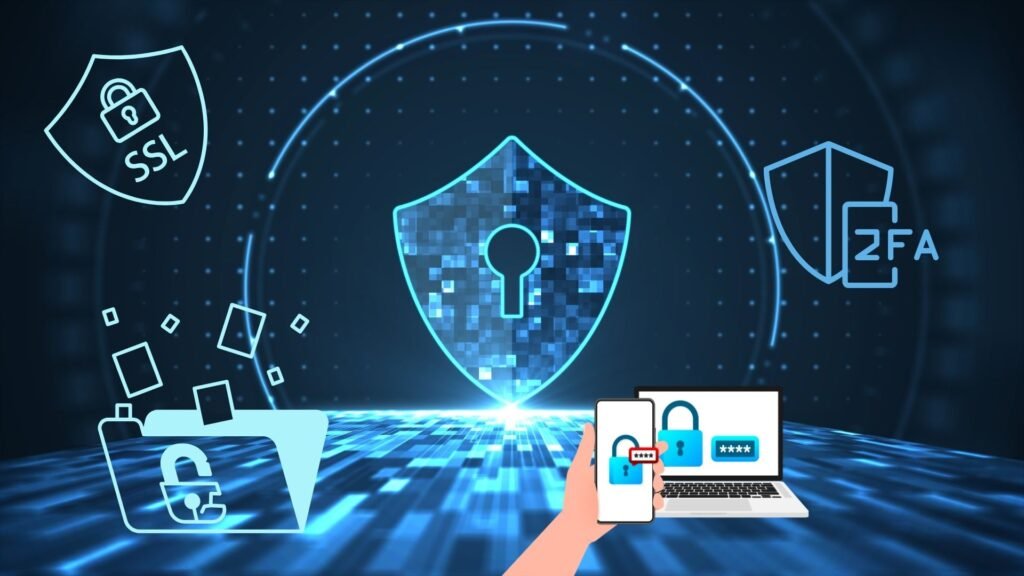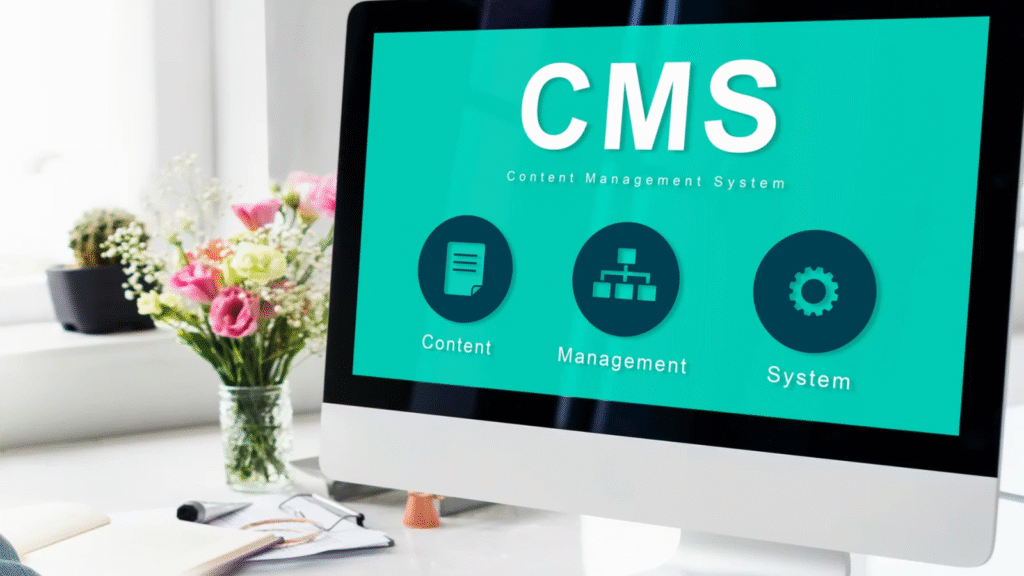When you build a website, you must keep an eye on the security features of the website. Today I will be sharing some WordPress security tips for beginners.
Table of Contents
As a beginner, you will need clarification about what aspects to focus on and how to keep the website safe. Here are a few points for you to start with.
Keep WordPress, themes, plugins and PHP versions updated
First and foremost, ensure that your website has the latest WordPress version. Then ensure that all the plugins and themes are updated to the newest version. Remove all unwanted and outdated themes and plugins.
If this is not done, there will be a lot of vulnerabilities and you are inviting hackers to your website. So, check your website admin panel often and update all the latest updates.
You also need to ensure the PHP version is updated to the latest stable version supported by the theme used.
Use strong Credentials
Always create strong login credentials. Let it be a mix of numbers, characters and special symbols. Do not use easy-to-crack passwords like date of birth, phone number or any number sequences, your name or initials etc. These are easy to crack. Use complicated and difficult-to-crack passwords. Make sure to change the default username. The default username is “admin” for all websites. Keeping it like that makes it easy for intruders. Make sure you change the passwords regularly to keep your site safe. You can also enable the 2FA to make your website more secure. This will need an additional method of verification via your email, SMS or an authentication app.
Secure your website with SSL
Using an SSL certificate enhances website credibility, boosts customer trust, and improves search engine rankings. By implementing SSL, website owners can comply with industry standards and regulations, protect user privacy, and prevent unauthorized access to sensitive information. Secure Sockets Layer (SSL) loads your website over HTTPS instead of the unsecured HTTP. SSL creates an encrypted connection between a web server and a browser, safeguarding information like passwords, credit card numbers, and personal data during transmission.

Install a reliable security plugin
There are a lot of WordPress security plugins available that will help to safeguard your site from intruders. You need to ensure that the site has the following features. You need to protect your site from spammers and hackers. So, install a reliable security plugin that fits your budget and needs.
- Spam protection
- Denial of service (DDoS) attack protection
- A web application firewall (WAF)
- Malware scanning and cleanup
- Automatic backups
Some of the popular WordPress security plugins are Jetpack Security, iThemes Security, Wordfence, Sucuri, All in one WP Security and Firewall, Defender Pro, etc.
Back up your website regularly
Backing up your website is like having a safety net for all your data. By making copies of your files and databases, you can easily get them back if something goes wrong, like a server crash, a hacker attack, or even if you accidentally delete something. The easiest method to restore your website if any unanticipated event occurs is to restore a backup. Plus, if you need to move your website to a new server or hosting provider, you can do it easily.
Use a WAF and Regularly Scan for Malware
Web Application Firewall or WAF help stop cyber attacks. It filters traffic to and from a website and blocks malicious IPs. Again install a security plugin that scans for malware on your website. It will check all your files including theme files, and plugin files and for any malware infections on the site. It will tell you about malware detection and will help remove it.
Block Comment Spam
A WordPress website with an open form or open comment section is sure to attract spammers and spam comments. Try using a Captcha to stop robot spam. Install an anti-spam plugin like Akismet which works in the background to block spammers.
Some more Factors to consider
- Limit Login Attempts
- Automatically logout idle users
- Hide wp-admin login url
- Set user permissions
- Use a reliable and secure hosting provider



